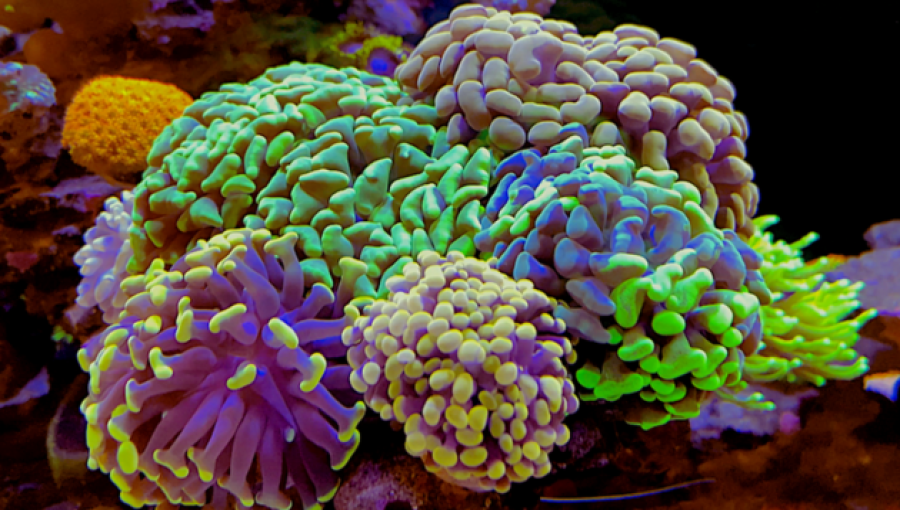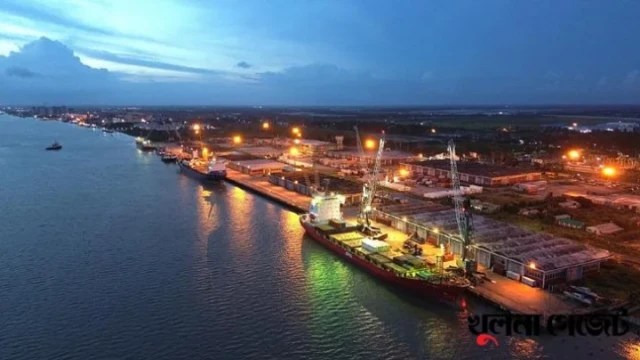Australia's Great Barrier Reef is currently facing its most severe bleaching event on record, as reported by the country's reef authority on Wednesday.
The Marine Park Authority, which oversees the reef, noted that the impacts experienced this summer have been more significant compared to previous years. The Great Barrier Reef, known as the world's largest living structure, stretches over 2,300 kilometers (1,400 miles) and is home to a vast diversity of marine life, including over 600 types of coral and 1,625 fish species.
According to aerial surveys conducted by scientists, approximately 730 out of more than 1,000 reefs across the Great Barrier Reef have been affected by bleaching. Coral bleaching occurs when corals expel tiny algae called zooxanthellae under stress, often due to high water temperatures. Prolonged exposure to elevated temperatures can cause corals to turn white and eventually die.
This recent bleaching event marks the fifth mass bleaching occurrence on the Great Barrier Reef within the past eight years, highlighting the ongoing threat posed by rising sea temperatures and climate change to this iconic marine ecosystem.































Comment: